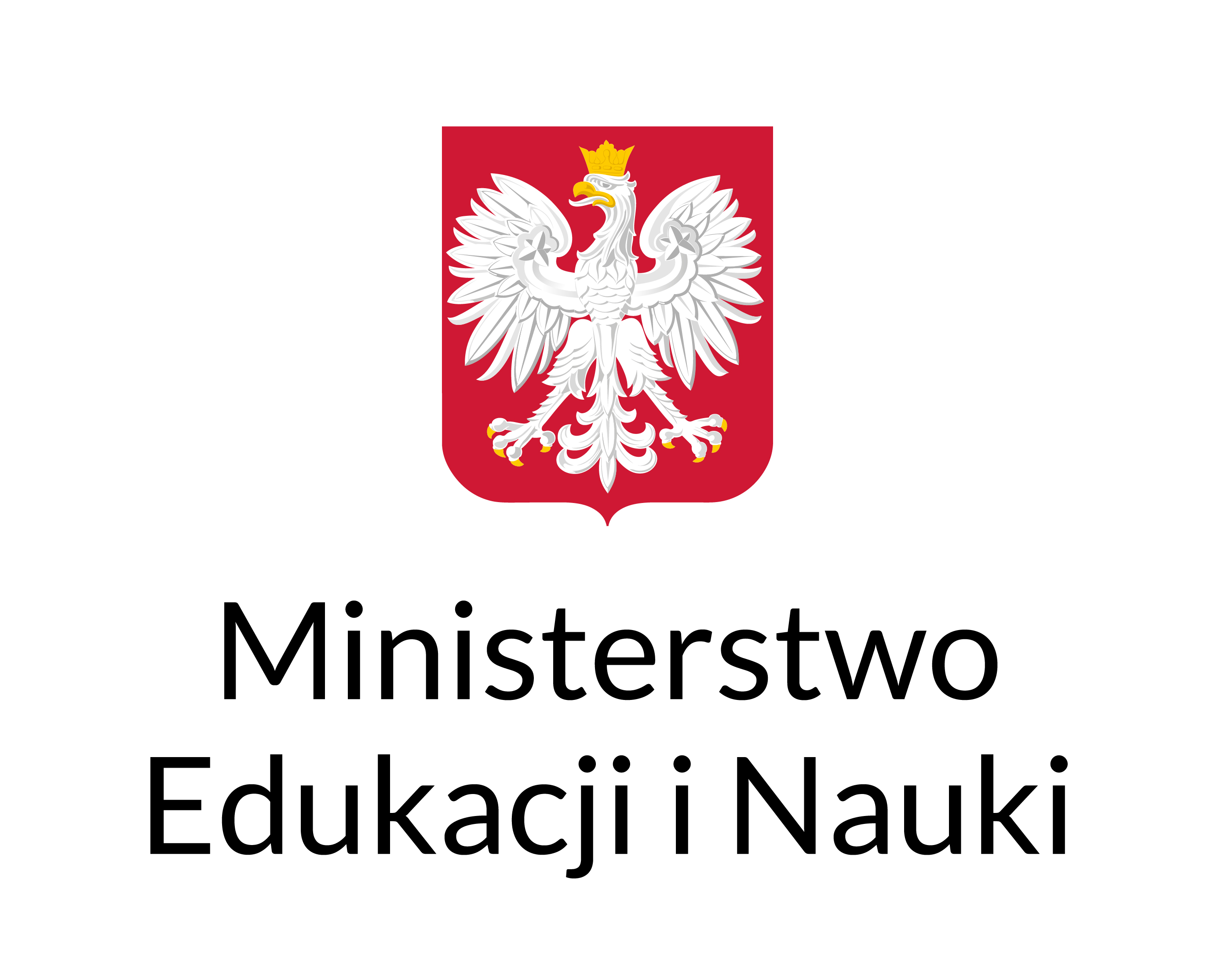The Fundamental Right of Marriage in the Constitutions of European Countries
Abstract
This study aims to present an overview the position of marriage in the constitutions of European countries. First, the origin of marriage as a fundamental right is looked at from a historical perspective, leading to different supranational instruments’ declarations. Subsequently, different approaches of the constitutions of European countries are scrutinised and classified depending on what protection, if any, is given to marriage. The spectrum spreads from defining marriage as protected by declaring it as a fundamental right to the lack of constitutional mention. For this broad overview, the scope of this work is based on the fact that all of these countries are parties to the Council of Europe, and the Rome Convention of 1950. Finally, a short exploration of some of the countries’ constitutional jurisprudence is carried out regarding the most controversial topics concerning the fundamental right to marriage.
References
Antokolskaia, M., Boele-Woelki, K. (2002) 'Dutch Family Law in the 21st Century: Trend-Setting and Straggling behind at the Same Time', Electronic Journal of Comparative Law, (6)4, pp. 53-73.
Cole, M. and Cole, S.R. (2006) Fejlődéslélektan. Budapest: Osiris Kiadó.
Csink, L. and Schanda, B. (2009) 15. § Házasság és család. In: Jakab, A. (ed.) Az Alkotmány kommentárja I. Budapest: Századvég, pp. 490-500.
de Oliveira, G., Martins, R., Vítor, P. (2015) National Report: Portugal [Online]. Available at: http://ceflonline.net/wp-content/uploads/Portugal-IR.pdf.
Díaz-Ambrona Bardaji, M., Hernandez Gil, F. (2007) Lecciones de Derecho de Familia. S.A.: Editorial Centro de Estudios Ramón Areces.
Drinóczi, T., Zeller, J. (2006) 'A házasság és a család alkotmányjogi helyzete', Jura, 2006/1, pp. 16-22.
Frivaldszky, J. (2010) Az emberi jogok természetjogi megalapozásának kortárs problémáiról a legújabb olasz jogfilozófiai irodalom tükrében. In: Orosz, A.L. (ed.) Emberi jogok a katolikus egyház életében és jogában. Budapest: L'Harmattan Kiadó, pp. 9-41.
Gherghina, S., Racu, A., Giugăl, A., Gavriș, A., Silagadze, N., Johnston, R. (2019) 'Nonvoting in the 2018 Romanian referendum: the importance of initiators, campaigning and issue saliency', Political Science, 71/3, pp. 193-213. https://doi.org/10.1080/00323187.2020.1781541
Heka, L., Jakó, N., Mikes, L., Pongó, T. and Szakály, Zs. (2016) Nemzeti alkotmányok az Európai Unióban. Budapest: Wolters Kluwer.
Lenkovics, B. (2006) Polgári alanyi jogok - alkotmányos alapjogok (Alapvető kérdések az alanyi és az alapjogok körül). In: Sajó, A. (ed.) Alkotmányosság a magánjogban. 1st edn. Budapest: CompLex, pp. 107-130.
Perelli-Harris, B., Sánchez Gassen, N. (2012) 'How Similar Are Cohabitation and Marriage? Legal Approaches to Cohabitation across Western Europe', Population and Development Review, 38/3, pp. 435-467. https://doi.org/10.1111/j.1728-4457.2012.00511.x
Pylkkänen, A. (2007) 'Liberal family law in the making: Nordic and European harmonisation', Feminist Legal Studies, 15/3, pp. 289-306. https://doi.org/10.1007/s10691-007-9062-1
Sanders, A. (2012) 'Marriage, Same-sex partnership and the German Constitution'. German Law Journal, 13/8, pp. 911-940. https://doi.org/10.1017/S2071832200017740
Schlüter, W., Szabó, H. (2013) 'A német családi jog áttekintése', Acta Universitatis Szegediensis Forum Acta Juridica et Politica, 2013/2, pp. 217-269.
Szeibert, O. (2013) 'Ami a házasság témájából Európát jelenleg leginkább foglalkoztatja: az azonos nemű partnerek házassága', Családi jog, 2013/1, pp. 38-44.
Szentistváni, R. (2000) Azonos neműek párkapcsolatai, Közjegyzők Közlönye, 2000/12, pp. 3-11.
Toldi, J. (2005) 'Az élettársi kapcsolat értékelése a német Alkotmányban', Közjegyzők közlönye, 2005/7-8, pp. 21-25.
Varga, Zs.A. (2012) 'A házasságra és a családra vonatkozó rendelkezések változása az alkotmányozás során', Iustum aequum salutare, 2012/2, pp. 126-127.
Verda y Beamonte, J. R. (2006) El libre desarrollo de la personalidad como principio inspirador de la Ley 13/2005, de 1 de julio, por la que se modifica el Código Civil en materia de derecho a contraer mantrimonio. In: Verda y Beamonte, J. R. (ed.) Comentarios a las Reformas de Derecho de Familia de 2005. SA: Editorial Aranzadi, pp. 29-53












